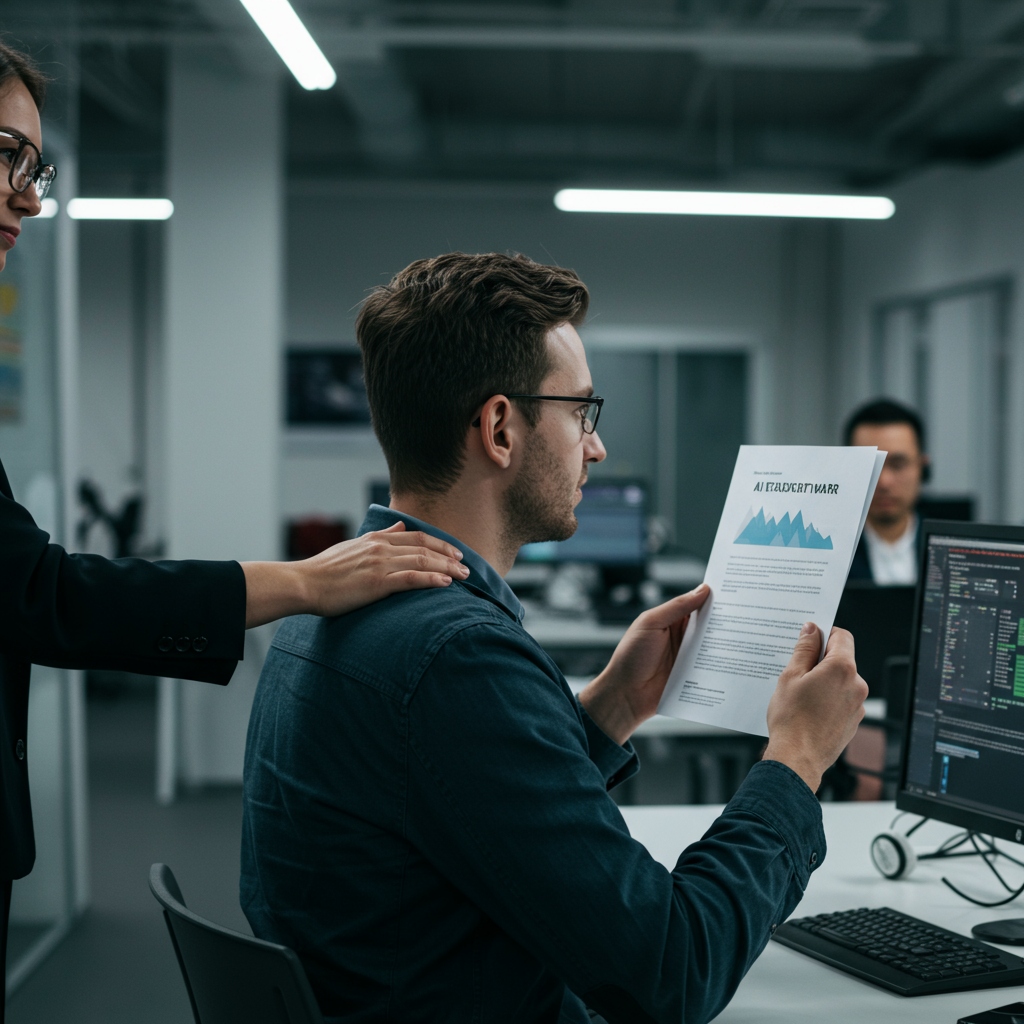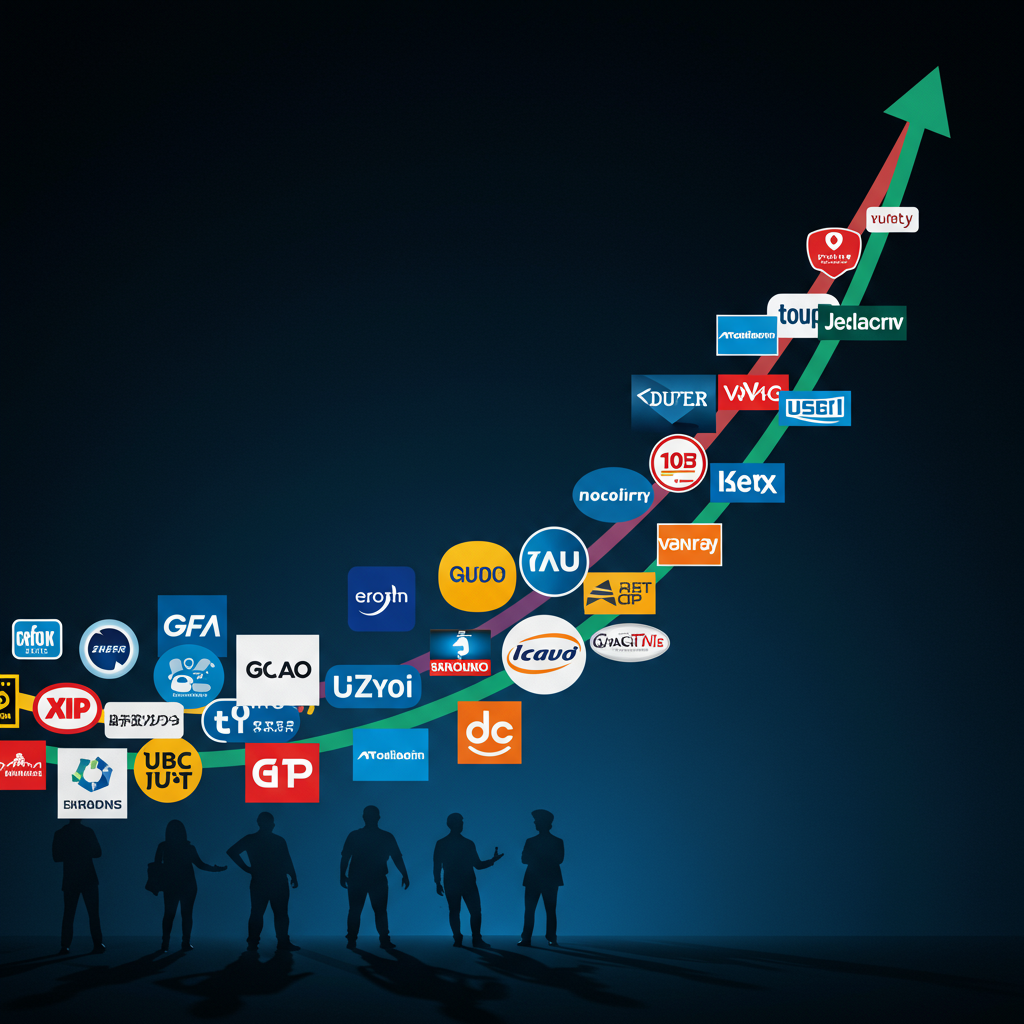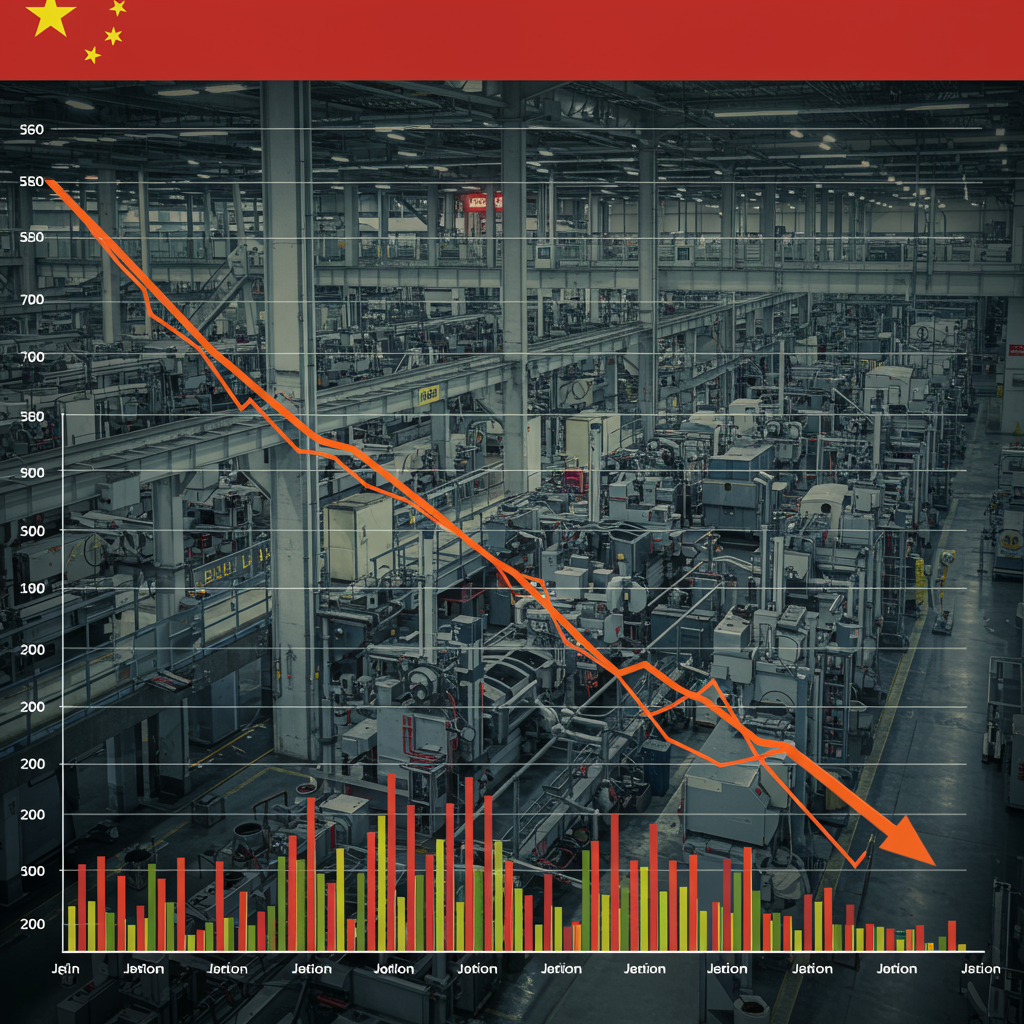In a closely watched legal battle, Meta has scored a significant win against a group of authors who alleged the company infringed on their copyrights by using their books to train its Llama artificial intelligence models. However, the victory is narrow, with the presiding judge making it clear that this ruling is specific to the arguments presented in this particular case and does not grant a blanket license for AI companies to use copyrighted material without consequence.
Fair Use Defense Prevails in This Case
U.S. District Judge Vince Chhabria sided with Meta’s central argument: that the use of copyrighted books as training data for large language models (LLMs) like Llama constitutes “fair use” under U.S. copyright law. This doctrine allows limited use of copyrighted material without permission for purposes such as scholarship, research, or comment, particularly if the use is considered “transformative” – meaning it creates something new rather than merely replicating the original work.
Judge Chhabria deemed Meta’s use of the books for AI training to be transformative. A key factor in his decision was the authors’ failure to convincingly demonstrate that Meta’s use of their works for training caused “market harm.” The judge noted that the plaintiffs, who included prominent authors like Sarah Silverman and Ta-Nehisi Coates, put forward what he described as “half-hearted” and “flawed” arguments on this crucial point.
“On this record Meta has defeated the plaintiffs’ half-hearted argument that its copying causes or threatens significant market harm,” Chhabria stated, though he acknowledged that conclusion might feel “in significant tension with reality.”
Meta welcomed the ruling, with a spokesperson emphasizing the role of fair use as a “vital legal framework” for developing transformative AI technologies like open-source models.
Not a Green Light for All AI Training
Despite the win for Meta in this specific lawsuit, Judge Chhabria was explicit that his ruling was limited. It only addresses the rights of the thirteen authors involved and does not establish a precedent that Meta’s or any other company’s use of copyrighted materials for AI training is universally lawful. He pointed out that future cases brought by other copyright holders, perhaps with different legal strategies or better evidence, could very well have different outcomes.
The judge also pushed back strongly against the notion, seemingly implied by Meta, that prohibiting the use of copyrighted texts for training without compensation would halt the development of LLMs and generative AI. He called this idea “nonsense,” suggesting that while accessing data is necessary, companies generating substantial revenue from AI should find ways to compensate creators if their works are essential training inputs.
The Anthropic Comparison: Piracy is Different
This Meta ruling comes shortly after a separate, but similar, case involving AI company Anthropic and a different group of authors. In that case, U.S. District Judge William Alsup also ruled that training AI models on copyrighted books could be considered “transformative” fair use.
However, Judge Alsup’s ruling against Anthropic had a critical distinction: while training on legally acquired material might be fair use, downloading and maintaining a vast library of pirated copies is not. Judge Alsup specifically allowed the authors suing Anthropic to proceed to trial solely on the claim that Anthropic illegally obtained and stored millions of pirated books (estimated at over 7 million from sources like Books3 and Library Genesis). The potential statutory damages for this alleged piracy could run into billions of dollars.
This split ruling in the Anthropic case, and Judge Chhabria’s emphasis on the specifics of the Meta case, highlight a crucial point: the legality of AI training data depends not just on how the data is used (e.g., for transformative training), but also on how the data was acquired. Using legally licensed or public domain data for training may stand a better chance under a fair use defense than using illegally obtained, pirated copies.
Lingering Questions and Future Lawsuits
Beyond the training data issue, the original plaintiffs in the Meta case still have a separate, pending claim alleging that Meta may have illegally distributed their works, possibly via torrenting.
Legal experts suggest these recent rulings, while offering AI companies some breathing room regarding the “transformative” nature of training, underscore that the copyright fight is far from over. Judges are indicating that plaintiffs could succeed by:
Presenting stronger evidence of market harm, particularly as AI models begin to compete more directly with original works.
Focusing on how training data was acquired (e.g., illegal piracy).
Arguing based on the specific type of content used (some suggest news articles might be more vulnerable to AI competition than books).
This is part of a broader wave of litigation, with major players like The New York Times suing OpenAI and Microsoft over news content and studios like Disney and Universal suing Midjourney over the use of films and TV shows.
In conclusion, while Meta secured a win based on the arguments presented in this specific lawsuit, the ruling is a limited one. It reinforces that proving market harm is key for copyright plaintiffs while suggesting that the act of training AI on copyrighted material can be deemed fair use under certain circumstances. However, the courts are clearly scrutinizing how* that training data is obtained, and future lawsuits, particularly those focusing on piracy or demonstrating clearer market impact, could yield different results for AI developers.



